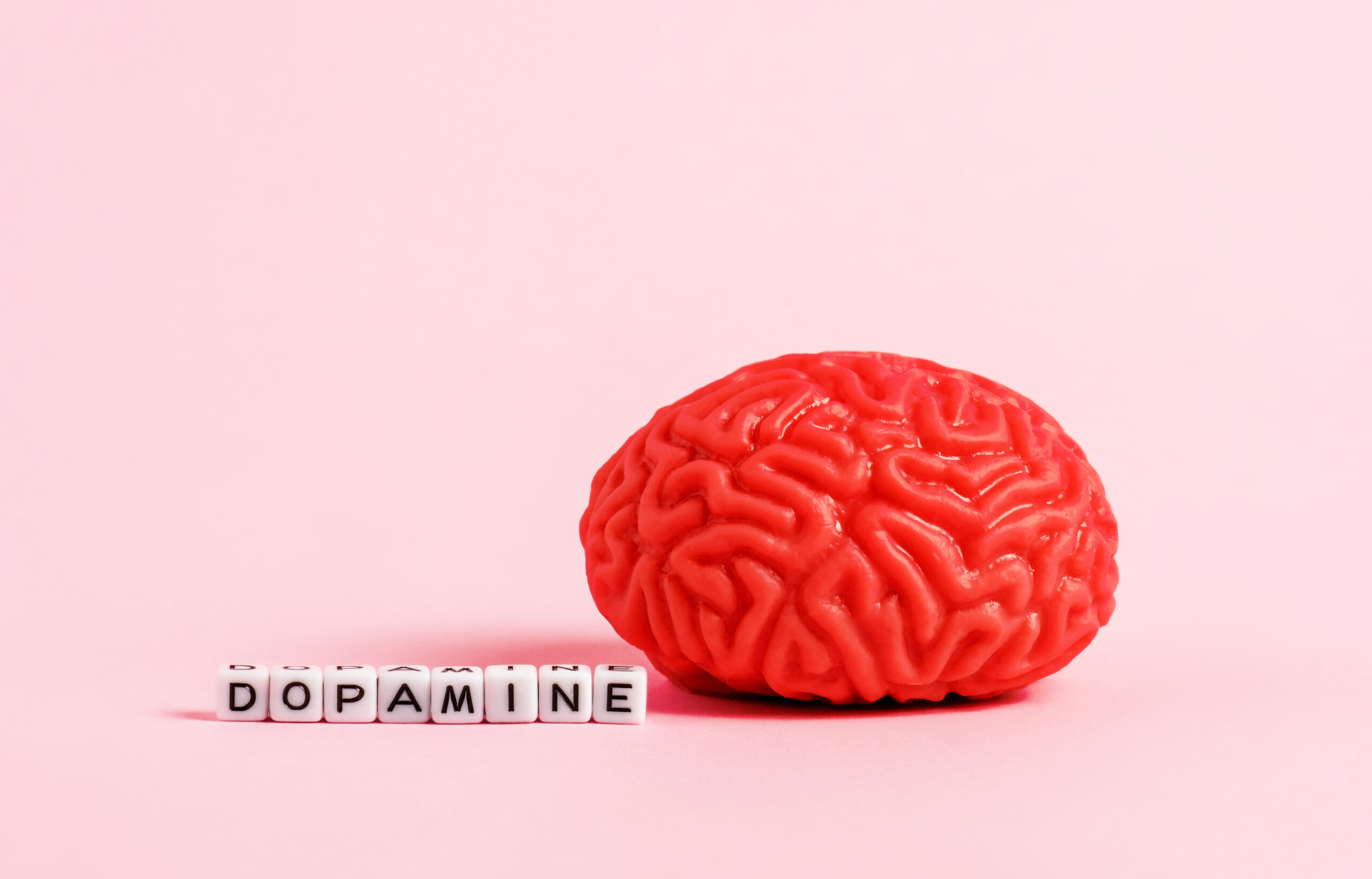Dopamine, a crucial neurotransmitter in the brain, plays a significant role in regulating mood, motivation, pleasure, and reward. When the levels of dopamine drop below optimal, it can lead to a range of physical and psychological symptoms. Understanding the signs of low dopamine levels is essential for recognizing potential health issues and seeking appropriate treatment. This blog explores the key indicators of low dopamine and their implications.
Decreased Motivation and Pleasure
One of the primary signs of low dopamine levels is a noticeable decrease in motivation. Activities that once brought joy and excitement may no longer seem appealing. This lack of interest and pleasure, known as anhedonia, can significantly impact one’s quality of life and is often observed in conditions like depression.
Mood Swings and Depression
Dopamine plays a vital role in mood regulation. Low levels can lead to mood swings, feelings of sadness, and in some cases, clinical depression. If you notice a persistent downturn in your mood or a loss of interest in activities you used to enjoy, it could be a sign of decreased dopamine.
Fatigue and Lack of Energy
Another common symptom of low dopamine is fatigue. This isn’t just the usual tiredness after a long day but a profound and persistent lack of energy that isn’t relieved by rest. This type of fatigue can make everyday tasks feel overwhelmingly difficult.
Cognitive Challenges
Dopamine is essential for cognitive processes like memory, attention, and problem-solving. Low levels can lead to difficulties in concentrating, forgetfulness, and a general sense of mental fog. These cognitive symptoms can affect performance at work or school and impact daily life.
Sleep Problems
Dopamine also influences sleep patterns. Low levels can lead to sleep disturbances, including difficulty falling asleep, staying asleep, or experiencing restful sleep. Insomnia or unusually disrupted sleep patterns could be a sign of a dopamine imbalance.
Physical Symptoms
While less commonly recognized, low dopamine levels can also manifest physically. Symptoms may include constipation, weight gain, or a decrease in sex drive. These physical signs are often overlooked but are important indicators of dopamine levels.
Reduced Reward Sensitivity
Dopamine is known as the “reward” neurotransmitter because it helps regulate feelings of pleasure and reward. With lower levels, you may find that you’re less responsive to things that typically make you feel good, including social interactions, accomplishments, or even food.
Recognizing the signs of low dopamine levels is crucial for timely intervention and treatment. If you’re experiencing a combination of these symptoms, it’s important to consult with a healthcare professional. They can provide a proper diagnosis and recommend treatment options, which may include lifestyle changes, dietary adjustments, therapy, or medication. Remember, mental health is just as important as physical health, and addressing issues like low dopamine levels can significantly improve your overall well-being.
